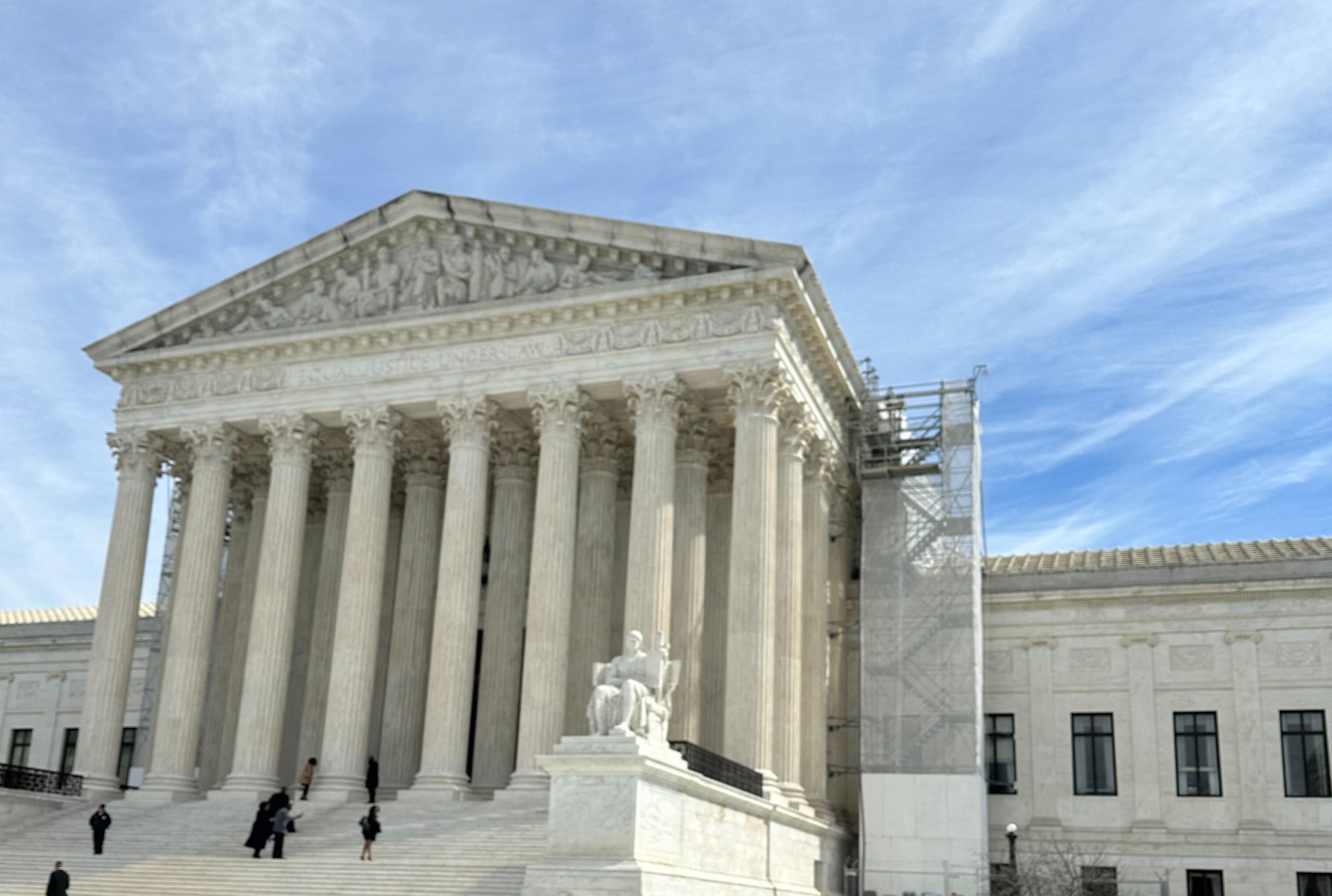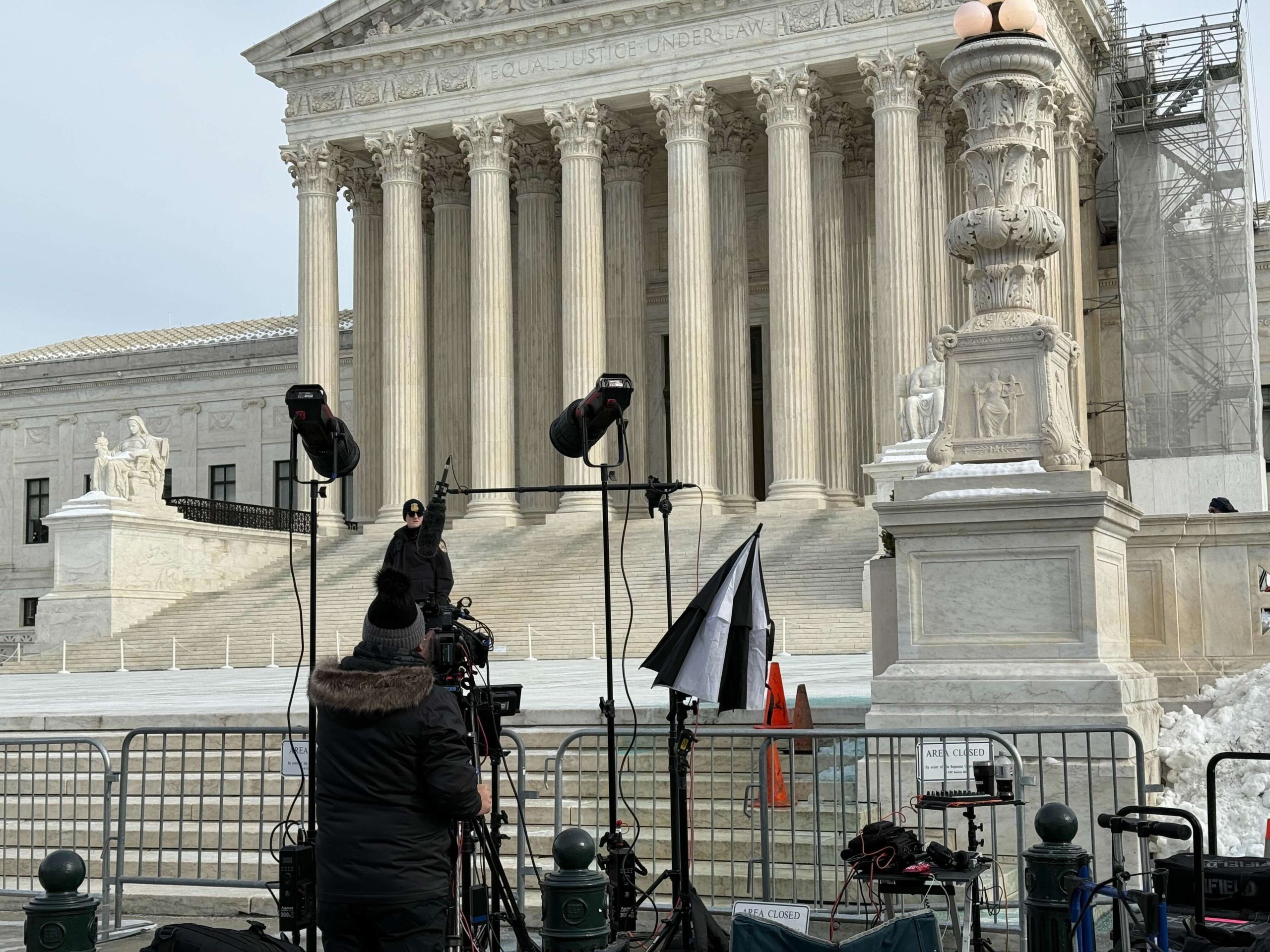Justices add one new case to next term’s docket
SCOTUS NEWS
on Jun 3, 2024
at 10:17 am
The justices will hear Delligatti v. United States in the fall. (Katie Barlow)
In a list of orders released on Monday morning, the Supreme Court added one new case to its argument docket for the 2024-25 term. With roughly one month remaining before the justices’ summer recess, during which they traditionally do not grant new petitions for review, the justices now have only 10 cases on their schedule for next term, well below their pace in prior terms.
In Delligatti v. United States, the justices agreed to weigh in on a federal sentencing law that imposes a mandatory minimum sentence for anyone who carries a gun during a “crime of violence.” The statute defines “crime of violence” as one that “has as an element the use, attempted use, or threatened use of physical force against the person or property of another.” The justices on Monday agreed to decide whether the law’s reference to the use of force applies to crimes that require proof that the victim was injured or killed, but can be committed by failing to take action — such as failing to give medicine to someone who is sick or neglecting to feed a child.
The justices denied review in Granier v. Hooper, in which they had been asked to take up the case of a Louisiana man who is serving a life sentence without the possibility of parole for his role in the 2001 shooting death of a teenaged supermarket employee. Justin Granier contended that one of the members of the jury that convicted him was the mother of another supermarket employee who was interviewed by police as a possible suspect in the murder and then failed to disclose that connection to the case.
Both the state courts and the lower federal courts rejected Granier’s request for post-conviction relief. Louisiana urged the justices to deny review, arguing that there was no decision by the Supreme Court recognizing claims of implied bias – the standard for post-conviction relief. After considering the case at two consecutive conferences, the justices turned down Granier’s petition without comment.
The justices did not act on a group of petitions asking them to weigh in on the constitutionality of bans on gender-affirming care for minors in Tennessee and Kentucky, nor did they rule on a group of petitions challenging bans on assault weapons and high-capacity magazines in Illinois.
The court will meet for another private conference on Thursday, June 6; orders from that conference are expected on Monday, June 10, at 9:30 a.m.
This article was originally published at Howe on the Court.






